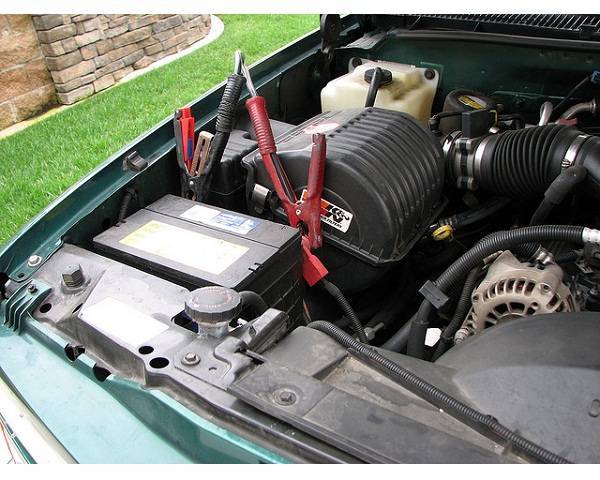Do you often complain of ignition problem in your four-wheeler? The problem can be with the batteries. Learn to find out the signs and symptoms of how to tell if you have a bad car battery.
How To Tell If You Have A Bad Car Battery
If you are a proud owner of a four wheeler, you would have surely experienced slow-starts, sluggish functioning of the electric devices, problem in ignition and so on sometime or the other. All these signs are the symptoms of a dying car battery. Battery is the life of your car, and without it being in good condition no car can ever leave the drive way. We usually take the car battery for granted and pay no attention to service it from time to time. Car batteries need regular checkups for water level and other requirements, which if not taken care of, will reduce the life of your battery. If you have lately been struck with a number of problems in your vehicle and do not know what has gone wrong with your prized possession, going through the article would help you to find out if you have a bad car battery. In the following lines, we have provided signs and symptoms of a bad car battery. 

Image: dotjanine@flickr
Signs & Symptoms Of Bad Car Battery
- One of the most common clues that a bad car battery gives is that it will stay charged and function properly the entire day, but just when you use extra power, it would immediately die down. For instance, if your battery is functioning properly the entire day and suddenly goes off after using the headlights for some time means that the battery is down.
- Checking the alternator is another way of checking the condition of your car battery. In order to check the alternators, ignite the car and remove the ground cable from the battery. If the car gets off immediately when you remove the ground cable, it means the alternator and not the battery has to be replaced.
- Another way to test whether or not your car battery is fine is by putting it in some other car. Check whether the car starts or not. If the car runs properly with the headlights and the radio on, it means the battery is fine and it is the alternator that has to be changed and vice versa.
- Cell plates inside the battery can also determine the condition of the car battery. When the sulfuric acid in the battery reacts with the lead in the cell plates, current gets produced. As the battery discharges, sulfate accumulates on the plates and reduces the battery's ability to make current. The sulfate is returned to solution when the alternator recharges the battery by forcing current to flow in the opposite direction.
- Once you put in your key for ignition, you will hear the loud noise of the starter. If instead of the noise of the starter you hear clicking, the car battery is probably dead. The clicking noise might be coming from the solenoid or the relay which are the parts of the starter. You can ask someone to turn the key while you stand under the hood to find out the source of the noise. If you track the click out of the starter, then you might have a faulty solenoid. No matter from where the clicking is being generated, it is advisable to start the diagnosis of your car batteries.
- Slow start is also an indication of a bad, dying battery. To check whether or not the slow start is because of poor condition of battery, turn off the engine and observe the behavior of the electronic system. Dim headlights, slow wiper movement and any other sluggish functioning of the electronic devices is a clear indication of a dying battery.
See also
- BMW | Bajaj Auto Ltd | Bentley | Car Insurance | Cars in India | Concept Cars | Fiat | Ford | General Motors | Geneva Auto Show
More from iloveindia.com
- Home Remedies | Ayurveda | Vastu | Yoga | Feng Shui | Tattoos | Fitness | Garden | Nutrition | Parenting | Bikes | Cars | Baby Care | Indian Weddings | Festivals | Party ideas | Horoscope 2015 | Pets | Finance | Figures of Speech | Hotels in India : Delhi | Hyderabad | Chennai | Mumbai | Kolkata | Bangalore | Ahmedabad | Jaipur
- Contact Us Careers Disclaimer Privacy Policy Advertise With Us Lifestyle Sitemap Copyright iloveindia.com. All Rights Reserved.





